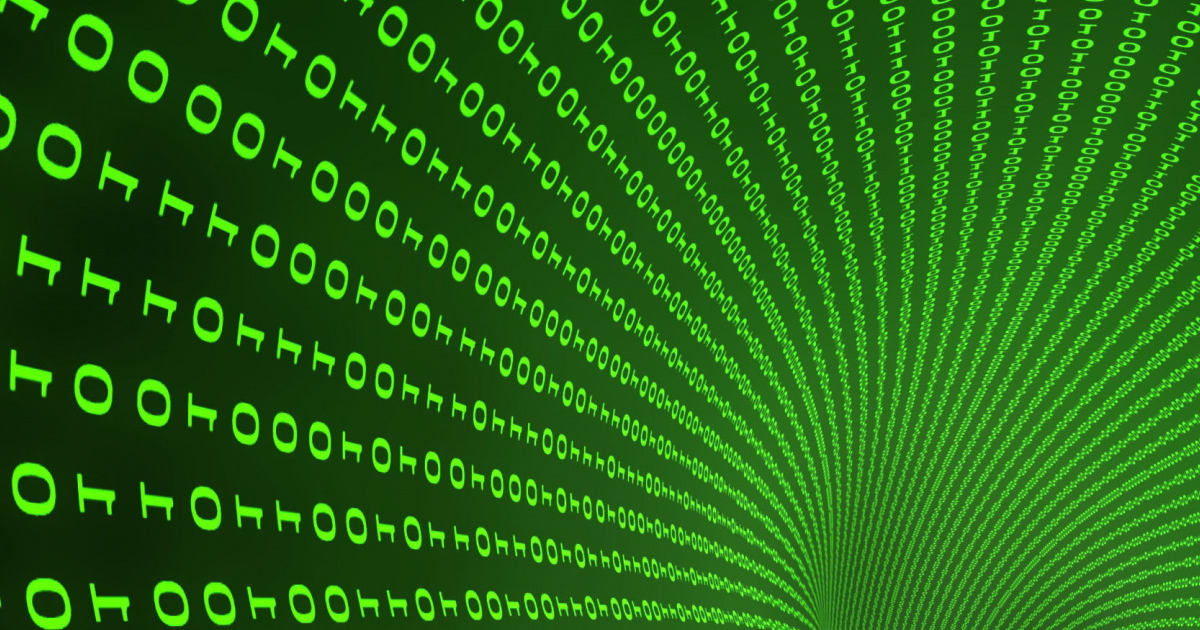



Glitch dramatizes these individuals’ encounters with the simulation infrastructure, as they interpret it, in animation segments that key into both the color of the stories told and the storytellers’ psyches. So the idea of six degrees of separation is merely a flaw in a system able to power only a couple hundred-thousand consciences at any one time.” “There’s literally not enough processing power to run seven billion consciences. “When someone says it’s a small world, they’re not kidding,” one subject says. The “eyewitnesses” include: Paul Gude, who believes he briefly entered the center of the simulation during a church service when he was a young boy Jesse Orion, an artist who gave literal years of his life over to only playing video games and believes there are, in life as in gaming, NPCs (non-player characters) with limited roles, actions and dialogues and Brother Laeo Mystwood, who relays a mind-altering experience inside a flotation tank and shares the anomalies he has tracked on spreadsheets each week (which he defines as 12-day periods). With Dick as an intermediary, Glitch introduces just as many fascinatingly unanswered questions as the ones it directly addresses, such as: Did our future come to look like movies based on Dick’s fiction because he correctly predicted society’s movements … or did the future look like those movies because millions of innovative young minds absorbed their aesthetics and made them reality? And what of those who rendered visual Dick’s written words, which is to say the dozens of screenwriters, directors and producers over the years whom he inspired? Dick, a work of nonfiction that pieced together his journaled chronicles of these visions and memories as “an antechamber of despair” (as one editor puts it). The experience informed his popular fiction but also The Exegesis of Philip K. In this talk, Dick outlined his fragmentary visual memories of a “very different present life” after receiving sodium pentathol for a dental procedure. Dick, whose 1977 presentation “If You Think This World is Bad, You Should See the Others” is featured in chapter-break segments. The latter group includes Swedish philosopher Nick Bostrom - whose article “Are You Living in a Computer Simulation?” has had an unsurprisingly long tail - and scholars of Philip K. To address the idea of our existence as a simulation, Ascher intermixes interviews with “eyewitnesses” and experts. Glitch is foremost a story of anthropology, not animosity or abuse, and as it dissects the darkest outcomes of believing we are just zeroes and ones, its empathy for mankind rings clear. And although Ascher playfully disguises some folks who’d rather not put real faces or names to their beliefs, he’s also not mocking them. Neither do they turn tautological, as Ascher tackles more offshoots of this theory than even the most open-minded among us may have believed possible, entertaining or intellectually engaging. In Glitch, the pontifications and ruminations on simulation theory are not merely an ontological onslaught - even as some discussions teeter toward doctorate-level domain of the Architect’s monologue in The Matrix Reloaded. Three years later, The Nightmare offered an effective, horror-informed examination of the medical condition of sleep paralysis and the psychological connotations of the terrors we carry with us. Slowly and subtly, it embedded itself like a sliver in the subconscious, trapping viewers at a disconcerting overlap of art and obsession. In 2012’s Room 237, Ascher daisy-chained disembodied voices espousing disparate theories about wild subtexts within Stanley Kubrick’s adaptation of The Shining. These ideas form the center of A Glitch in the Matrix, the latest must-see high-concept work from documentary filmmaker Rodney Ascher that premieres Friday, Feb. The answer(s) trigger head-on crashes at the intersection of speculative science and existential dread. What if the world we know is just a simulation? The question is syntactically short.


 0 kommentar(er)
0 kommentar(er)
